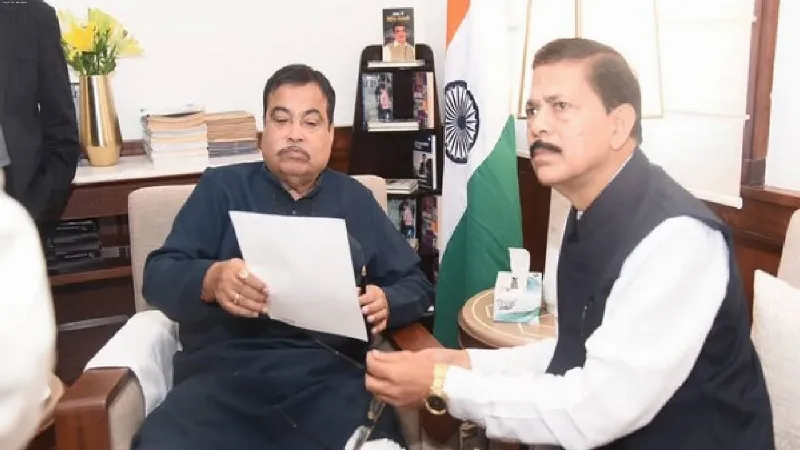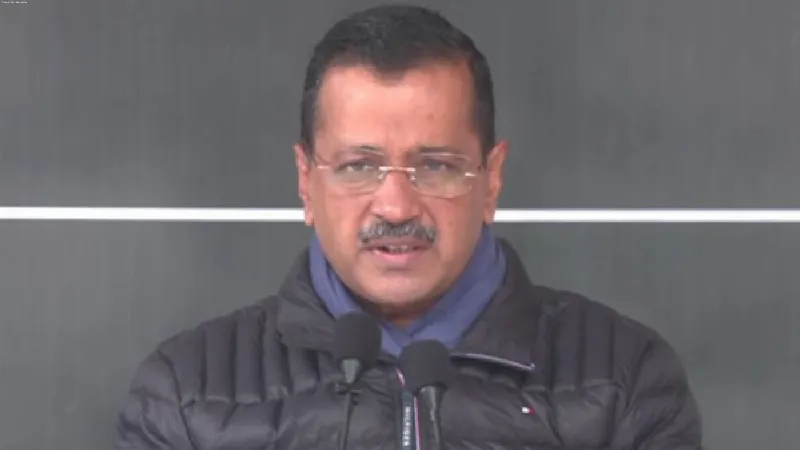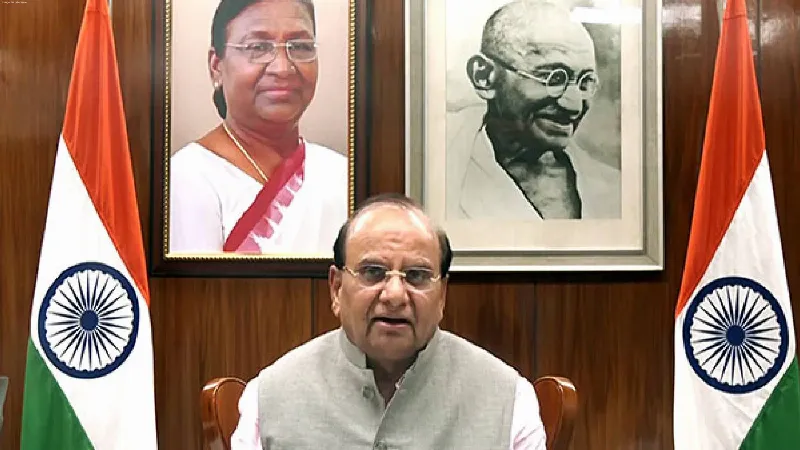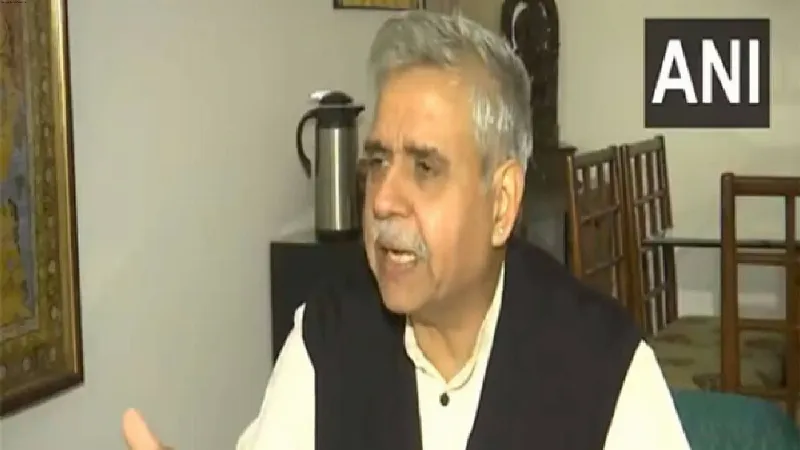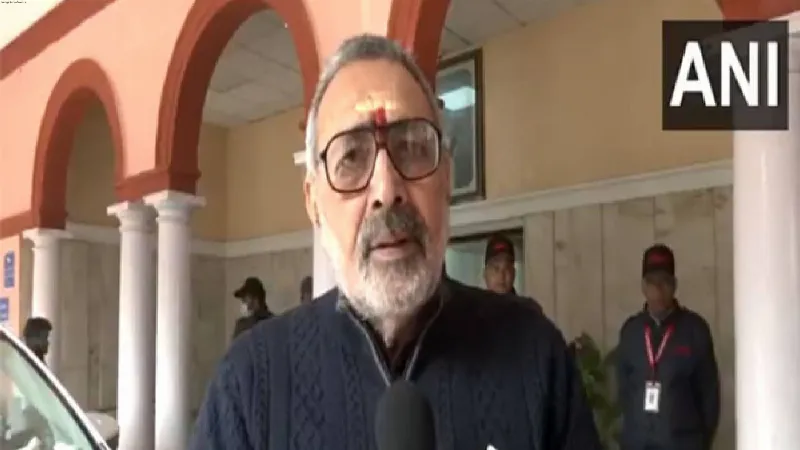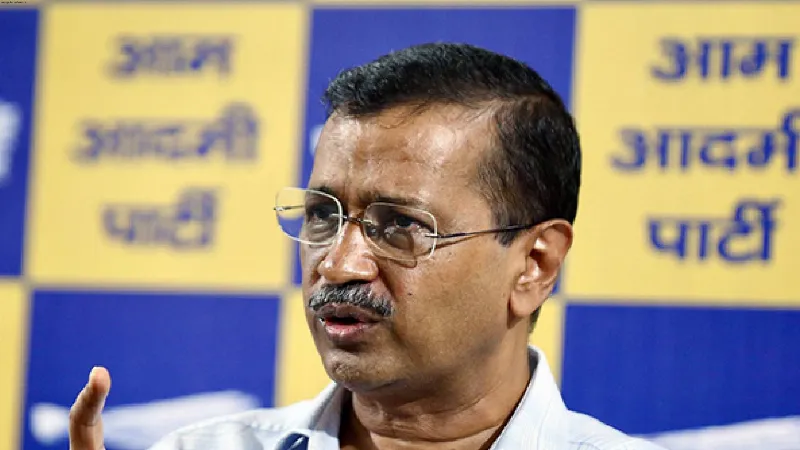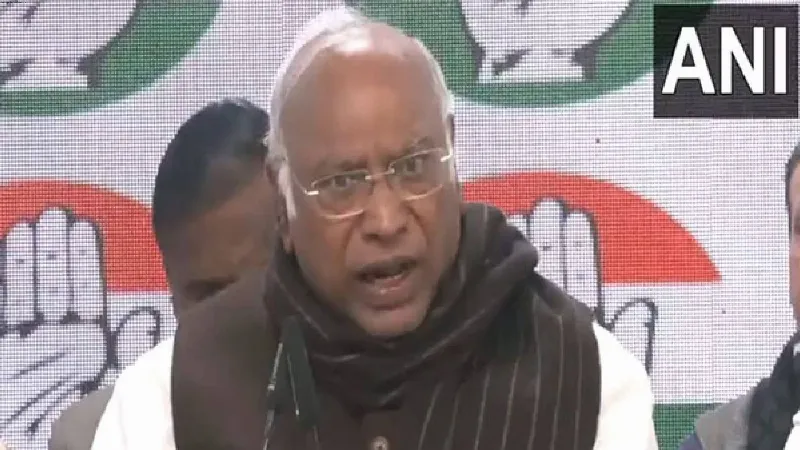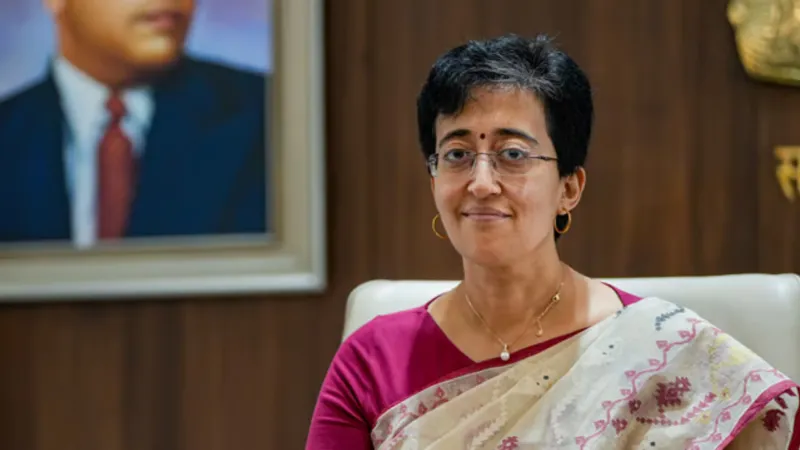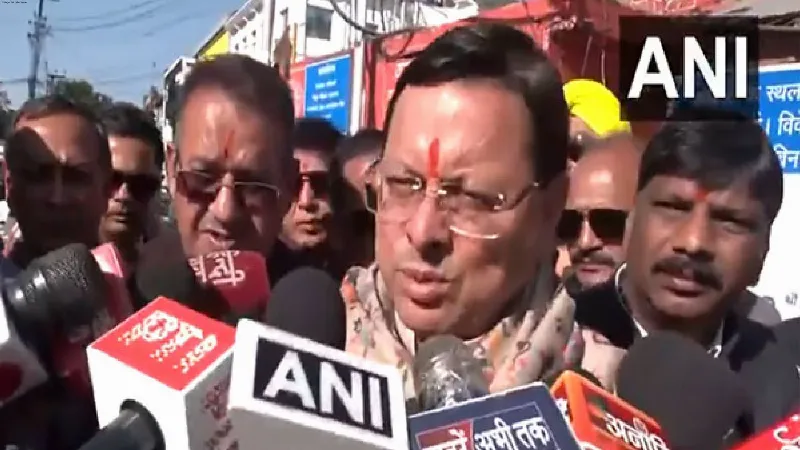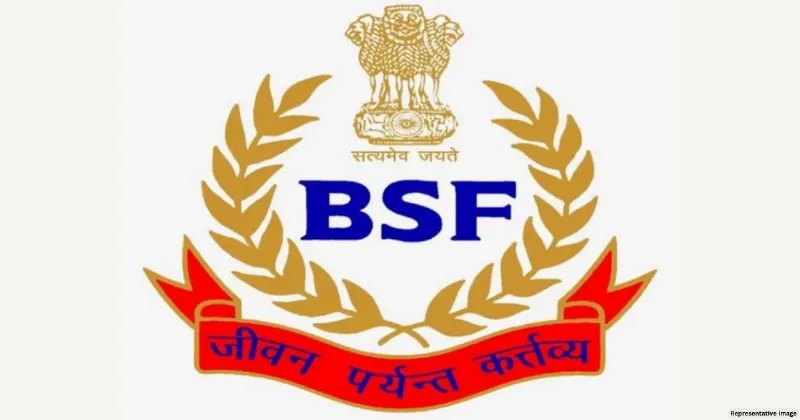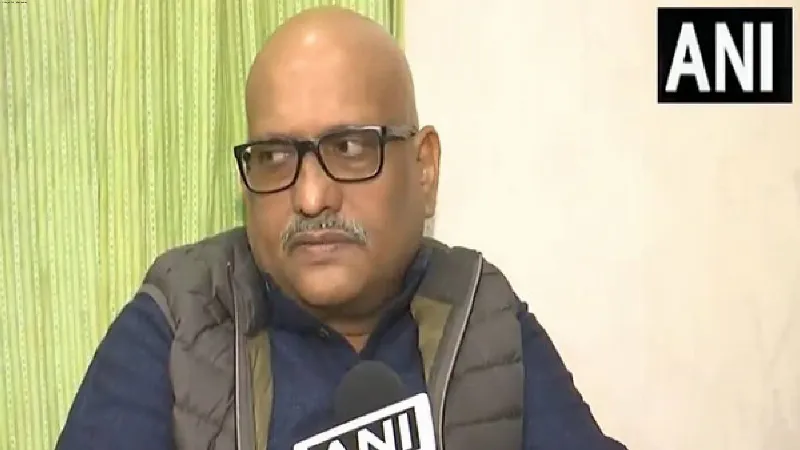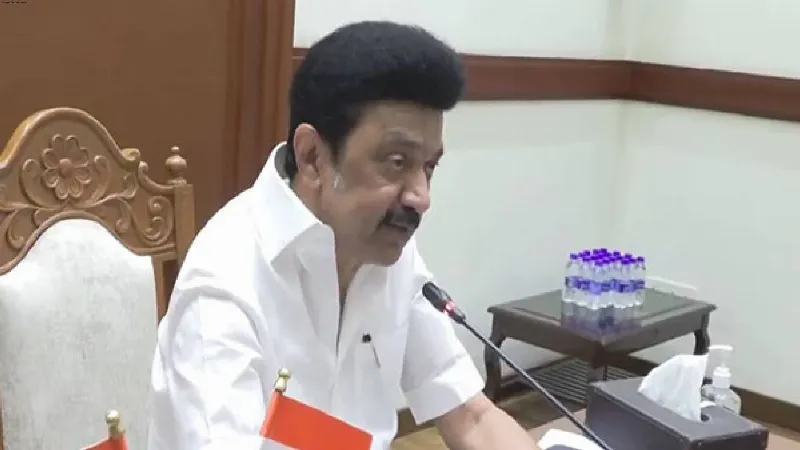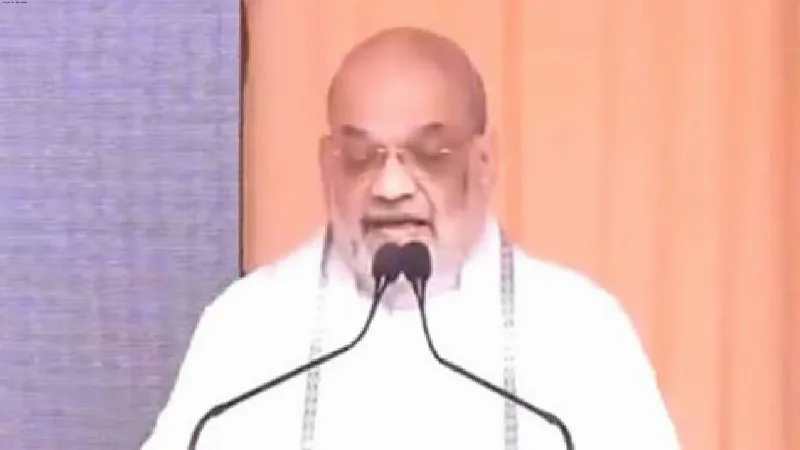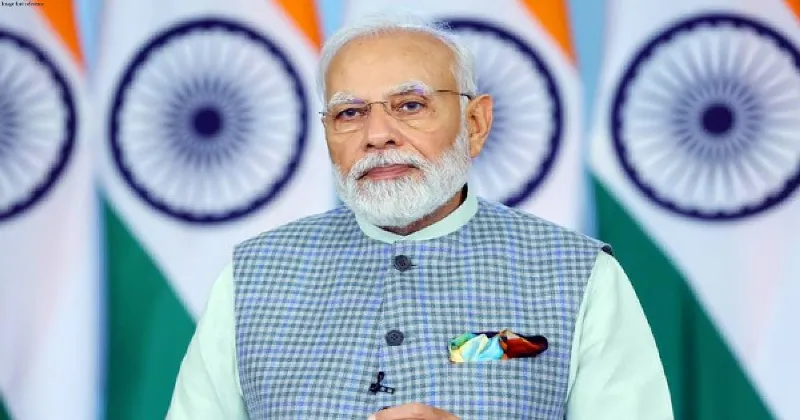Latest News
Indira Gandhi herself voted to remove many provisions of 42nd Amendment: Jairam Ramesh
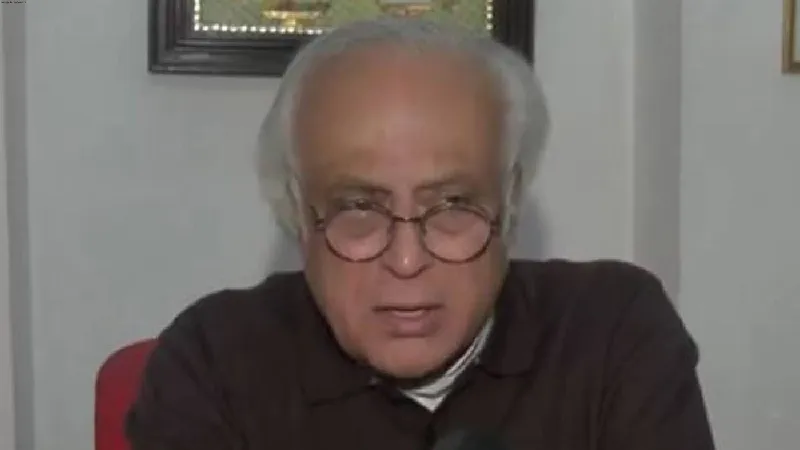
New Delhi: Congress MP Jairam Ramesh on Sunday pointed out the selective criticism of the 42nd amendment by Prime Minister Narendra Modi in his speech during the debate on the Constitution in the winter session of Parliament.
The Congress leader said that while Prime Minister Modi and his colleagues attacked Indira Gandhi for the 42nd Amendment they, however, failed to mention that she, along with other Congress MPs, voted in favour of the 44th Amendment which removed a number of provisions introduced through the 42nd Amendment.
"During the discussion on the Constitution, the PM and his colleagues mounted a furious attack on Indira Gandhi for the 42nd Amendment that was passed by Parliament in December 1976. What they did not mention was that Indira Gandhi herself, along with other Congress MPs, then voted in favour of the 44th Amendment in December 1978, when Morarji Desai was PM. The 44th Amendment removed a number of provisions introduced through the 42nd Amendment," Ramesh posted on X.
The special provisions introduced by the 42nd Amendment were charged with changing the 'basic structure' of the Constitution. He said that despite its criticism, many provisions of the 42nd Amendment remain integral to the Constitution almost 50 years later.
"The PM and his colleagues also did not mention the fact that many of the provisions of the 42nd Amendment have been retained ever since it was enacted almost half a century ago. These include: the words 'socialist' and 'secular' in the Preamble that have been recently held by the Supreme Court to be part of the basic structure of the Constitution," Ramesh said.
The Congress leader cited Article 39-A (provides for equal justice and legal aid), Article 43-A, Article 48-A (protection of environment and safeguarding of forest and wildlife), and Article 51-A among others as the retained provisions of the 42nd amendment.
"Inclusion of education, population planning, environment, and forests in the Seventh Schedule, i.e., the Concurrent list that gives responsibility to both the Union and state governments," he added.
Earlier, PM Modi in Parliament had highlighted that in 1971 when Indira Gandhi was the Prime Minister, a Supreme Court decision was overturned by amending the Constitution, clipping the wings of the judiciary.
He noted that the amendment stated that Parliament could alter any article of the Constitution without judicial review, stripping the courts of their powers. He added that this enabled the then government to curtail fundamental rights and control the judiciary.
The Prime Minister noted that during the Emergency, the Constitution was misused, and democracy was strangled. He emphasized that in 1975, the 39th Amendment was passed, preventing any court from challenging the elections of the President, Vice President, Prime Minister, and Speaker, and this was applied retrospectively to cover past actions.
He remarked that the idea of a committed judiciary was fully enforced. The Prime Minister noted that Justice HR Khanna, who had ruled against the then Prime Minister in a court case, was denied the position of Chief Justice of India despite his seniority. He emphasized that this was a violation of constitutional and democratic processes.




